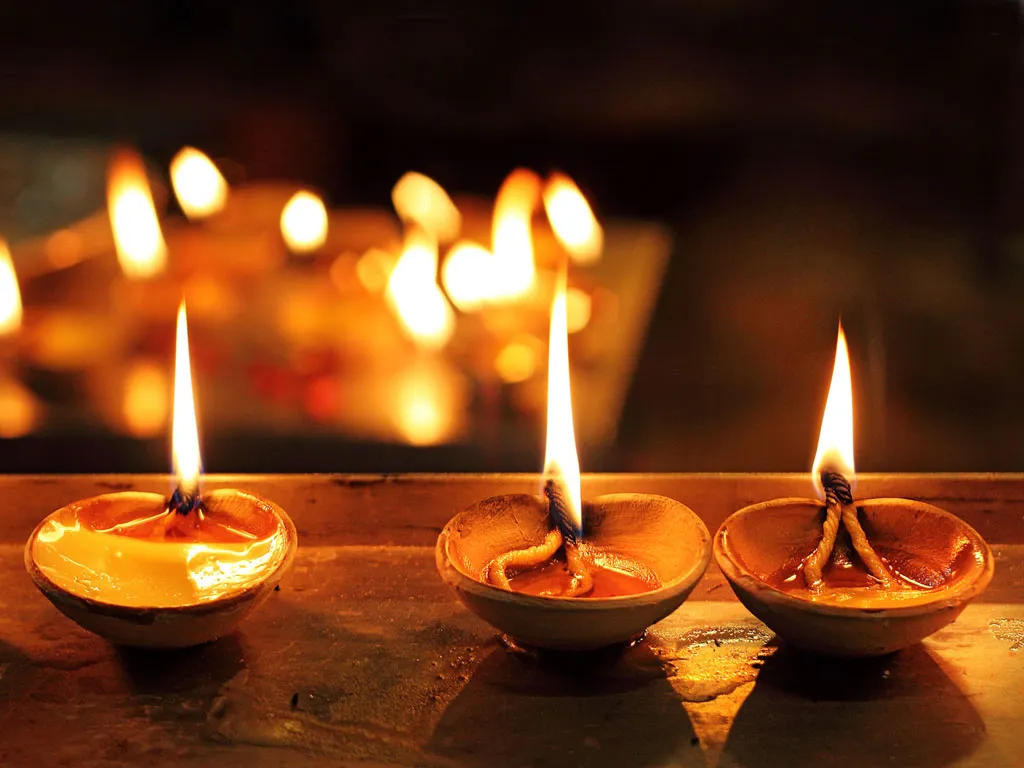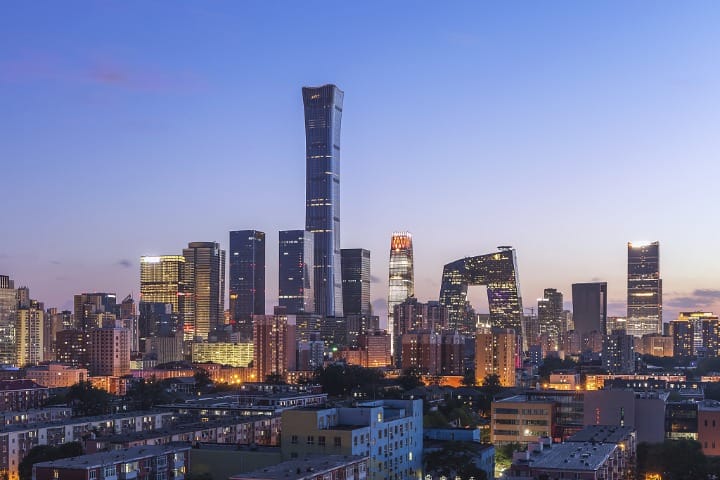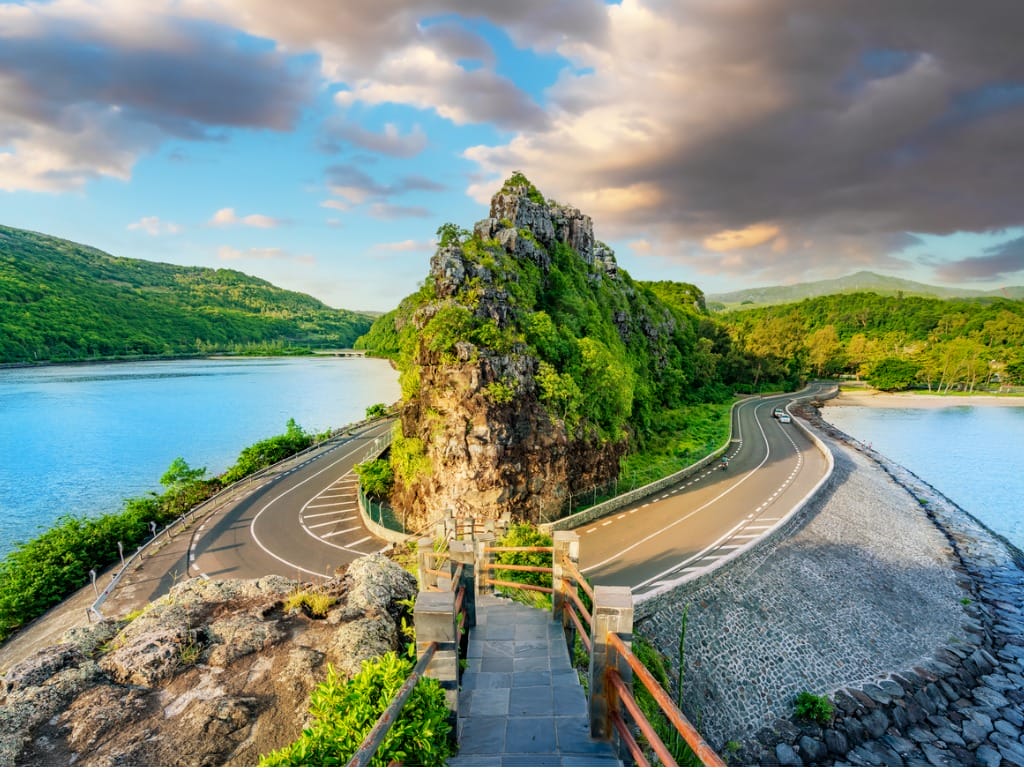Discover the enchanting traditions, vibrant celebrations, and profound significance of Diwali, the Festival of Lights. Diwali, also known as Deepavali, is a joyous festival celebrated by millions of people around the world. It is a time of vibrant lights, delicious food, and strong cultural significance. In this article, we will explore what Diwali is, when it is celebrated, the meaning behind the festival, how it is celebrated, and how people across the globe participate in this annual event.
What is Diwali?
Diwali, derived from the Sanskrit word “Deepavali,” translates to “row of lights.” It symbolizes the victory of light over darkness and good over evil. According to Hindu mythology, Diwali commemorates Lord Rama’s return to Ayodhya after defeating the demon king Ravana. It is also associated with the wealth and prosperity that the Goddess Lakshmi brings. Diwali is not only celebrated by Hindus but also by Jains, Sikhs, and Buddhists who share similar stories of triumph.
Diwali, also known as the Festival of Lights, is one of the most significant and widely celebrated festivals in India. The festival usually falls between mid-October and mid-November, depending on the Hindu lunar calendar. It is a time of great joy and excitement for people of all ages, as they prepare to welcome the festival with enthusiasm and fervor.
The celebration of Diwali begins weeks in advance, with people cleaning and decorating their homes. The traditional practice of cleaning, known as “Diwali cleaning,” is believed to rid the house of negative energy and make way for positive vibes. The decorations include colorful rangolis (intricate patterns made with colored powders), diyas (earthen lamps), and strings of lights, which are placed both inside and outside the homes.
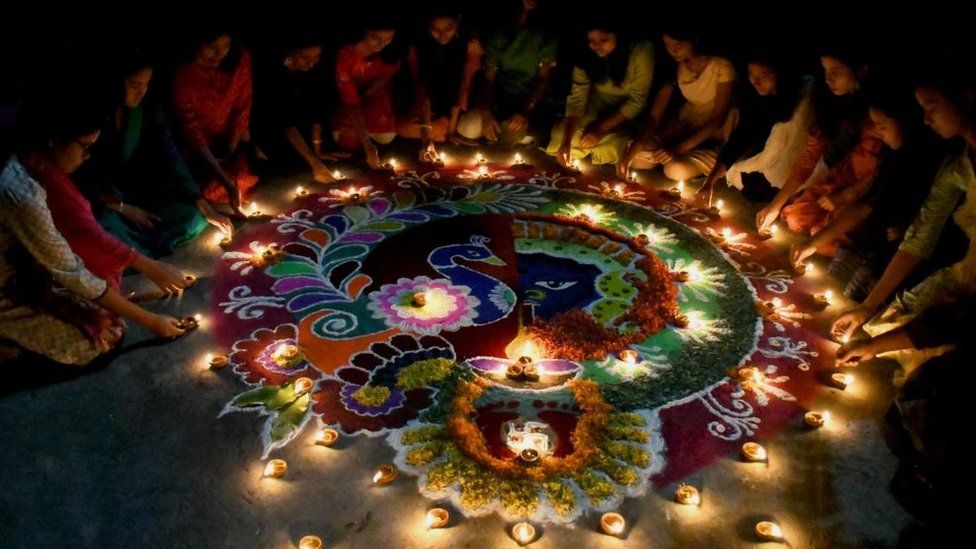
On the day of Diwali, families come together to perform various rituals and prayers. They dress up in new clothes and visit temples to seek blessings from the deities. The lighting of diyas is an essential part of the celebrations, as it signifies the triumph of light over darkness. The diyas are placed in every corner of the house, creating a mesmerizing sight when lit up.
Another significant aspect of Diwali is the exchange of gifts and sweets. Families and friends exchange presents as a token of love and appreciation. Traditional Indian sweets, such as ladoos, barfis, and jalebis, are prepared and shared with loved ones. The sweetness of these delicacies symbolizes the sweetness of relationships and the joy of sharing.
Fireworks are an integral part of Diwali celebrations, adding sparkle and color to the night sky. People burst crackers and fireworks, creating a dazzling display of lights and sounds. The fireworks are believed to ward off evil spirits and bring good luck and prosperity.
Diwali is also a time for feasting and indulging in delicious food. Elaborate meals are prepared, including a variety of vegetarian dishes and sweets. Families gather around to enjoy the festive feast, sharing laughter and creating lasting memories.
During Diwali, the streets and markets come alive with vibrant decorations and bustling crowds. People shop for new clothes, jewelry, and household items. The markets are filled with a wide array of goods, from traditional attire to decorative items, catering to the festive needs of everyone.
While Diwali is primarily celebrated in India, its significance and popularity have spread across the globe. Indian communities living abroad also celebrate Diwali with great enthusiasm, organizing cultural events, and illuminating their homes with diyas.
Overall, Diwali is a time of joy, togetherness, and the celebration of light. It brings people closer, strengthens relationships, and fills the air with positivity and happiness. The festival serves as a reminder of the triumph of good over evil and the importance of spreading love and kindness in the world.
When is Diwali?
Diwali is observed on the fifteenth day of the Hindu month of Kartik, which falls between October and November. The exact date varies each year based on the Hindu lunar calendar, but it typically lasts for five days. The festivities commence two days before the main day of Diwali and continue for two days after. The main day, referred to as “Badi Diwali,” is the third day of the celebrations and is the most auspicious.
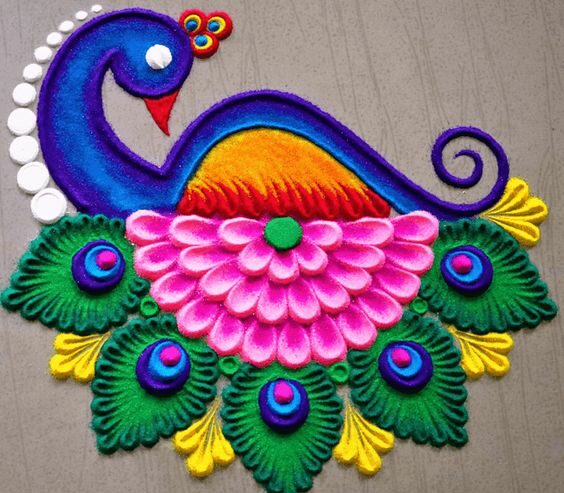
What is the meaning of Diwali?
Diwali holds various meanings depending on the cultural context of the celebration. For Hindus, it is a time to honor deities, seek prosperity, and welcome good fortune into their lives. The lighting of oil lamps, called “diyas,” is believed to ward off evil spirits and invite blessings. Diwali signifies the triumph of righteousness, knowledge, and inner light over ignorance and darkness. It encourages individuals to reflect on their actions and start afresh.
How is Diwali celebrated?
Diwali celebrations entail elaborate preparations and customs that vary from region to region. The festivities begin with thorough cleaning, which symbolizes removing negativity and welcoming positivity. Brightly colored Rangolis, intricate patterns created with colored powders, adorn the entranceways to homes, creating a vibrant welcome for visitors. Families decorate their houses with fairy lights, lamps, and candles to illuminate their surroundings.
The exchange of gifts, known as “Diwali ki Safai,” is a significant part of the festival. It is customary to give and receive traditional sweets, dry fruits, and beautifully packaged hampers as a symbol of love and goodwill. Bursting fireworks and firecrackers, a hallmark of Diwali celebrations, light up the night sky with mesmerizing colors and sounds, filling the atmosphere with excitement and joy.
Partaking in traditional rituals is an essential aspect of Diwali. Families visit temples, perform prayers, and offer prayers to deities for blessings and prosperity. People also wear new clothes, believing it brings good luck. Diwali feasts are a major highlight, with families preparing elaborate meals that include a variety of sweets and savory dishes. Mouth-watering delicacies like barfis, gulab jamuns, and samosas tantalize taste buds as families come together to share the joyous occasion.
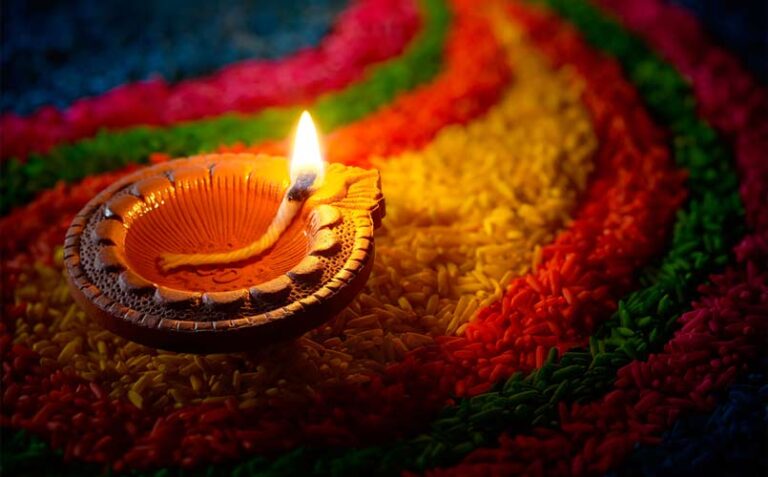
Celebrating Diwali Around the World
Diwali is not confined to India alone, as people of Indian origin spread its cheer across the globe. In countries like the United Kingdom, Canada, Australia, and the United States, vibrant Diwali celebrations take place in major cities with large Indian communities. Trafalgar Square in London becomes a hub of festivities with cultural performances, delicious street food, and breathtaking fireworks lighting up the night sky. Similarly, cities like Toronto, Sydney, and New York City host Diwali melas (fairs) where people of all backgrounds come together to celebrate multiculturalism.
During Diwali, major landmarks worldwide join the celebration by illuminating their facades with colorful lights and projections, giving a stunning visual spectacle. One such example is the Empire State Building in New York City, which showcases a light display in honor of Diwali. The festive buzz resonates through Indian restaurants and hotels that offer special menus and accommodations for visitors seeking an authentic Diwali experience away from home.
Diwali holds immense significance as a time of unity, hope, and renewed beginnings. It transcends religious boundaries and serves as a universal reminder to embrace light and goodness. Whether through mesmerizing fireworks, mouth-watering delicacies, or sharing joy with loved ones, the Festival of Lights continues to bring people together, spreading cheer and positivity around the world.
